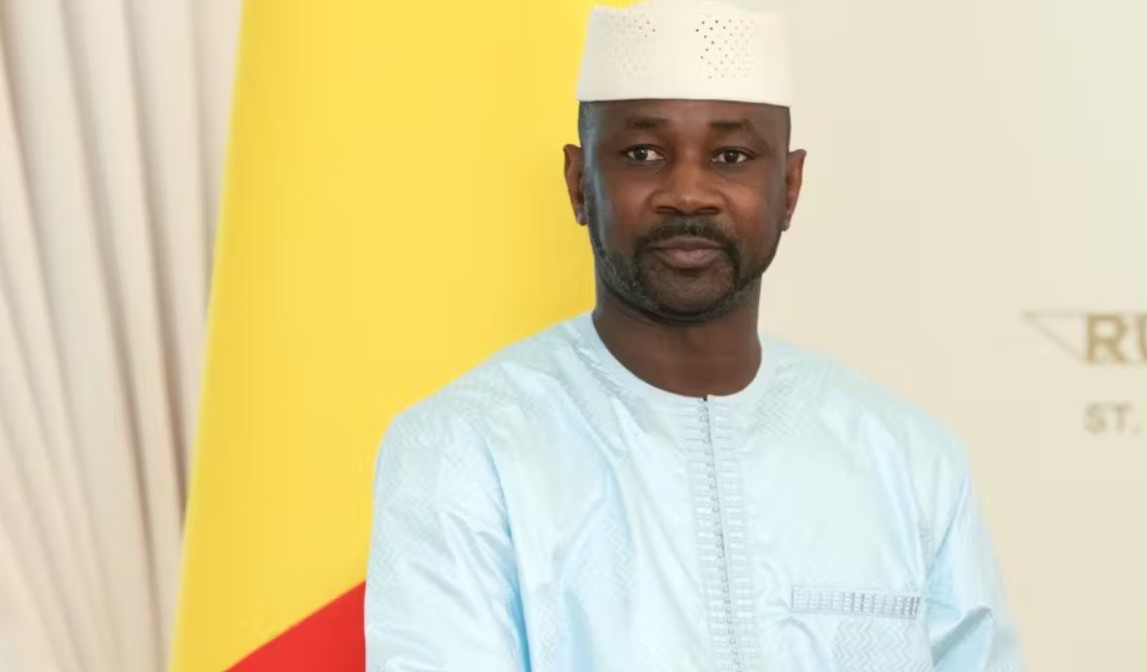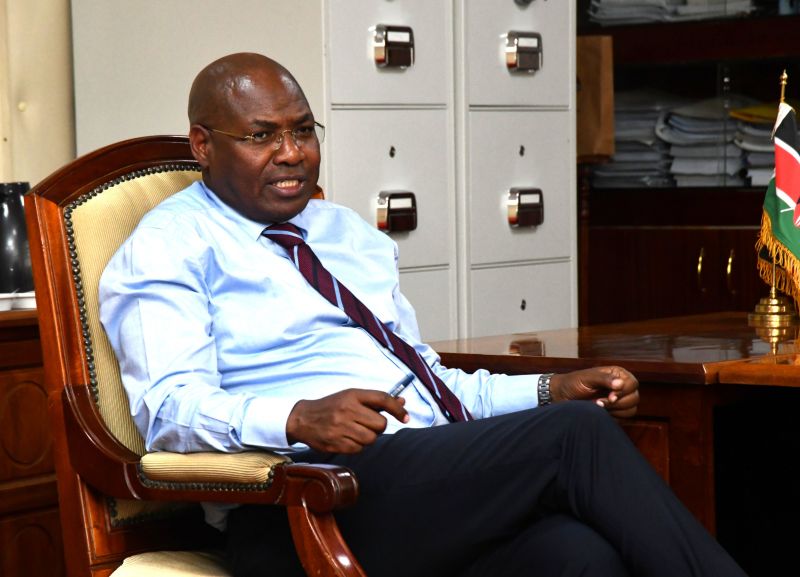Winning hearts and power: How Mali’s military regime gained popular support

The current political landscape in Mali, and in neighbouring Burkina Faso and Niger where conditions are similar, is an invitation to reconsider local agency.
Morten Bøås, Norwegian Institute of International Affairs and Viljar Haavik, Norwegian Institute of International Affairs
More To Read
- Nigeria provides safe haven for Guinea-Bissau opposition leader as coup crisis deepens
- Guinea-Bissau military takeover after disputed election sparks ECOWAS action
- Wave of coups in Africa: What President Paul Kagame thinks
- African Union suspends Guinea-Bissau over coup
- Deposed Guinea-Bissau President Umaro Embaló flown to Senegal as coup deepens
- ECOWAS suspends Guinea-Bissau after post-election coup
Mali’s interim president, Colonel d’Armée Assimi Goïta, who came to power in a coup on 18 August 2020, enjoys remarkably strong public support.
Survey data from the pan-African research network Afrobarometer and the Mali-Métre survey, run by Germany’s Friedrich-Ebert-Stiftung since 2012, indicate high levels of satisfaction with junta rule. In the 2024 Mali-Métre, nine out of ten respondents considered the country to be moving in the right direction.
Yet economic conditions are worsening for Malians. In a recent analysis, the World Bank pointed out that the junta was finding it difficult to deliver services amid sluggish growth, high inflation and extreme poverty.
That Malians still seem to be very satisfied with their leader needs some explanation.
In a recent paper, we draw on our extensive fieldwork experience in Mali.
We argue that Goïta has crafted a new social contract based on a strongman narrative, portraying himself as Mali’s defender.
The regime has used dissatisfaction with international interventions to frame Goïta as an “exceptional man” in “exceptional times”, in ways that resonate with Malian myths and traditions.
We show how the regime’s new social contract is based not on public services but on the idea of Goïta as Mali’s defender and liberator. In this way, the regime has established a social bond with the population that places dignity above all.
A new social bond
In 2012, Mali experienced a severe crisis triggered by a separatist rebellion in the northern regions of the country. Jihadist insurgent groups took over the rebellion, leading to a military coup. International interventions followed.
The regional grouping Ecowas, the UN and France made efforts to restore security, stability and peace.
But the deployment of 5,000 French troops and 15,000 UN peacekeepers failed to prevent a deterioration in security.
At the same time, Mali’s democratic institutions failed to restore territorial control and address corruption and poverty, despite regular elections being held.
Mass protests calling for the resignation of President Ibrahim Boubacar Keïta paved the way for the 2020 military takeover.
Other Topics To Read
These failures offered the junta a rich repertoire to draw on for its own legitimacy. With Goïta came a new narrative, not about liberal state-building and development, but about restoring Malian sovereignty and dignity.
These ideas are conveyed through speeches at forums like the UN General Assembly and public addresses shared through the media, along with an organised network of online influencers.
Public debates about fighting the forces of neocolonialism and reclaiming sovereignty predate the junta. The regime has harnessed these sentiments. It contrasts decades of indignity, weakness, and dependence on France with a glorified vision of Mali’s ancient past.
Popular protest movements such as Yerewolo Debout sur le Remparts have long done the same.
Now, so the narrative goes, Goïta has emerged as a hero capable of leading his people towards a new age in which Mali is treated with respect.
This framing has rekindled the legacy of Thomas Sankara, the late military leader of Burkina Faso (1983–1987). Often dubbed Africa’s Che Guevara, Sankara was a charismatic revolutionary known for his passionate speeches, bold stance against corruption, and efforts to challenge former colonial powers. He was assassinated in a coup in 1987, but his legacy continues to inspire young Africans.
Regime figures, particularly foreign minister Abdoulaye Diop, often refer to legends and historical narratives as part of this myth-making:
- References to the ancient cities of Gao and Timbuktu with their libraries, mosques and places of worship
- Tales of the hunter guilds, or dozo of the Bambara and Dogon people – heroes both feared and respected
- Legends like Sunjata Keita, the hero and founder of the Mali Empire.
According to recent survey data from the Mali-Mètre, 70% of Malians identified combating insecurity as their highest priority. This indicates how many Malians feel they face a threat similar to the one that existed when the Malinke people pleaded with Sunjata to be their saviour.
Thus, in an environment of chaos, war, confusion and despair, a hunter-warrior hero is needed. This agent can not only save society, but re-set it in an orderly and just manner, bringing dignity to his people if they undergo the necessary sacrifices.
This story requires a villain. Finding culprits in Mali was not difficult. All it required was harnessing of social frustrations already directed against France and other external forces failing to combat insurgents and restore security.
A unifying enemy
As shown by Afrobarometer and Mali-Mètre, many Malians, as poor and destitute as they may be, take comfort from the regime’s confrontations with and, as it is presented to them, victories over such formidable adversaries as France and the UN.
With nearly 60 per cent of its population under the age of 25, Mali is one of the youngest countries in the world. The Malian case shows a youthful African population that is desperate for social change and willing to endure hardship to reach their promised land.
The current political landscape in Mali, and in neighbouring Burkina Faso and Niger where conditions are similar, is an invitation to reconsider local agency.
Citizens actively and rationally respond to their political contexts. Writing off people as ignorant or stupid will not advance understanding of the new political terrain.
***
The Conversation
Morten Bøås, Research Professor, Norwegian Institute of International Affairs and Viljar Haavik, Research Fellow, Norwegian Institute of International Affairs
This article is republished from The Conversation under a Creative Commons license. Read the original article.
Top Stories Today











































